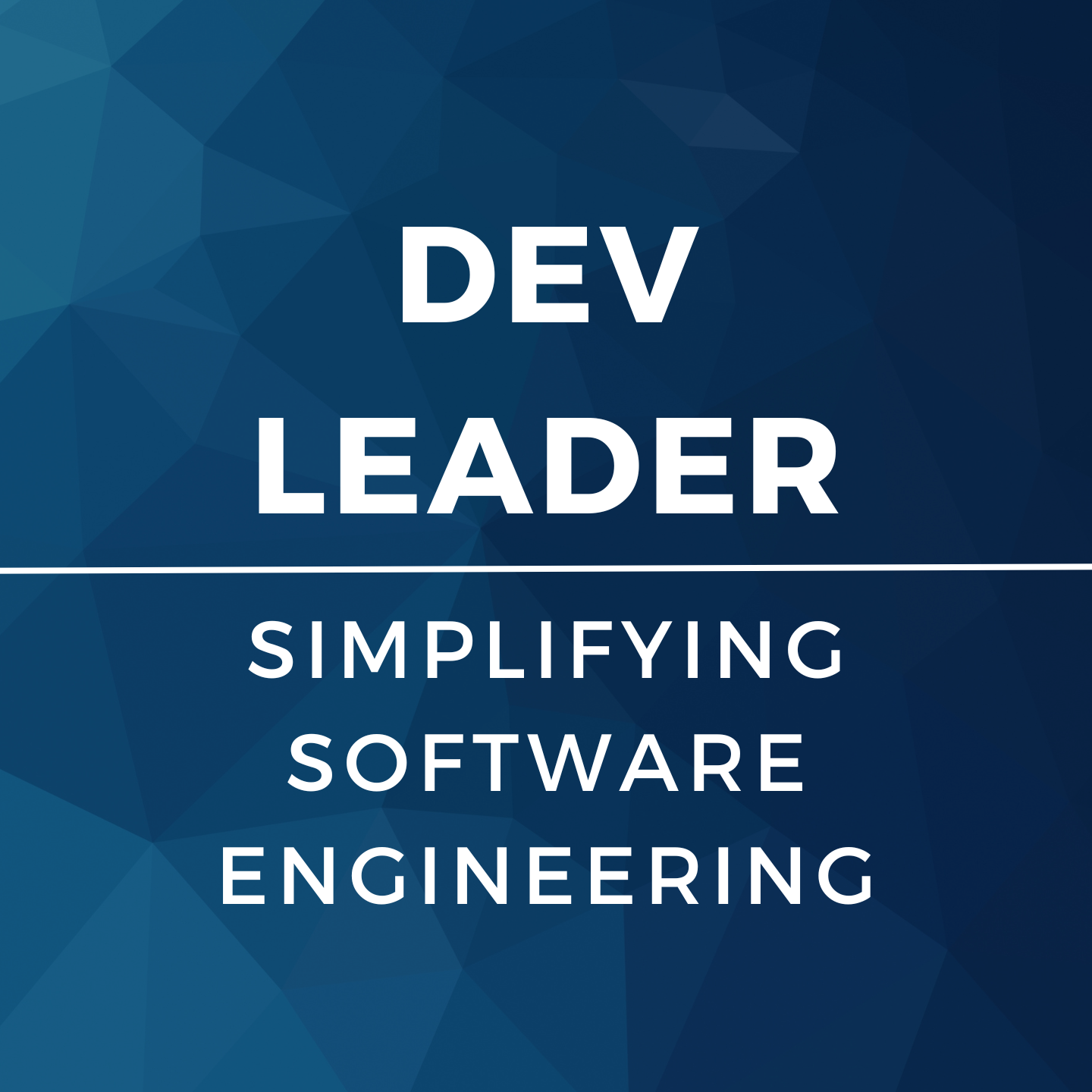Things have been pretty busy in real life the past couple of weeks, so I haven't had too much time for working on this. However, for this entry in the progress pulse series I'll talk about some of the challenges I had while looking at making a generic data (de)serialization API + implementation, and why I chose to make some of the decisions I did!
Which Tech To Pick?
I've felt burned in the past by trying to do data serialization for my game framework because it's always created a barrier for refactoring once it's in place (i.e. i change some data i need and now i have to re-make or migrate allllll my SQL data).
So I was thinking about how I plan to store game state, which I have written about, and then considered the implementations I had considered for persistent storage. One of them was a graph database called Neo4j, which has a JSON representation of all of its node data. Except... I'm not ready to commit to Neo4j just yet because I don't want to feel tied down (like I used to tie myself down to SQLite). But my objects I'm creating are well suited to hierarchies of entities+components, so maybe JSON is a happy medium?
Here was my breakdown for starting with JSON:
Pros:
- Very easy to get started with
- (De)Serialization libraries available via nuget for free
- Human readable which is great for creating, editing, and debugging
- Hierarchical, which lends itself well to my data structures in memory
- Should make refactoring easy (did a component change? only change that component's data representation)
- Could be a stepping stone for working with Neo4j in the future
- Writing is probably slow, especially if I want to just modify one chunk of JSON data
- Likely will need to write whole JSON blobs out... But who knows if it's slow, I need to benchmark it.
- I suspect lookups would be slow
- But... Maybe important data is cached in memory on startup? Maybe it's not even an issue. Benchmark it.
Lesson learned was to start with something that won't keep you locked in, but is also just enough to get you going!
Start With Something Specific
I'm a sucker for trying to make really generic things in software. It's an extreme I find myself taking because I want to make things as extensible and re-usable as possible. The side effect of it though is that sometimes I miss corner cases (and they end up being not corner cases in the general sense) or that I make APIs that suck to use because they're so general and maybe they shouldn't be.
I decided I was going to switch up my approach. I wanted to figure out how I could serialize and deserialize my item definition data. That probably warrants a brief explanation:
I want items (i.e. loot) in the game to be part of a system that can control generation of them based on game state, randomness, and pre-defined organization of loot. Some drops might be totally random common items. Others might be based on quest state and need to be very specific. Maybe there's some that only drop at a specific time of day during specific whether after killing a certain enemy. This is what I'm shooting for. So the item definitions will contain information about how to generate a base item, and provide components that tell the game how to mutate that base item (i.e. set damage to a value between 5 and 10 and call it "Axe"). But there are drop tables that have weights associated with them that can link to specific items or other drop tables. This allows the game's content creator to generate loot that's like "When the player is in the swamp lands, common enemies drop between 1-3 items, with a 60% chance of those items being junk, 20% chance of those items being normal equipment, 15% chance of those items being magic equipment, and 5% chance of those items being powerful legendary equipment". Drop tables are essentially nodes with weights on the vertices that point to other tables or specific item definitions. Simple 😃
The reason I went with this approach is because I felt that even though some of the C# types I have might be specific to item definitions, the abstract structure of the types (i.e. entities with components on them) is shared across many different game systems. So if I can make it work for this one, it shouldn't be too hard to do for the next.
Lesson learned was try not to repeat all of your history... Learn from it. Experiment with new approaches.
Hello Singletons, My Old Friend
My arch-nemesis Dr Singleton! Actually, way back I've written about singletons so I'm not TOTALLY against them, I just think that 99% of the time they aren't actually what you need. Let's talk about my little run in with them though.
I started custom writing some APIs for JSON serialization that would use Newtonsoft JSON behind the scenes. Based on the structure of my objects, I figured I was going to have some sort of recursive call system going on where children would have to tell their children to serialize, etc... Once I got this working for a simple case, I realized that Newtonsoft has custom converters you can set up. These use attributes to mark up interfaces/classes to tell the serialization engine to use particular converters when they encounter a type. (Edit: after writing this I realize that I don't HAVE to use the attribute... which might make this whole point moot)
The problem with attributes is that I cannot control the instantiation of them. And because I can't control the instantiation of them, I can't control the parameters passed in via the constructor. In my particular case, I needed to create a singleton that this attribute class could access and use Autofac to configure the singleton instance. Essentially, I needed to register custom handlers into my singleton instance, and then the attribute class could pull the registrations from the singleton instance.
Ugly pattern? Yes. I'm not familiar with any other ways to pass information or access to objects when I can't control the initialization of my object though. It's buried deep down so it's not like the API usage feels like garbage, but still wasn't happy with it.
Lesson learned here was sometimes we end up using "bad patterns", but if they're limited in scope we can limit their "badness".


